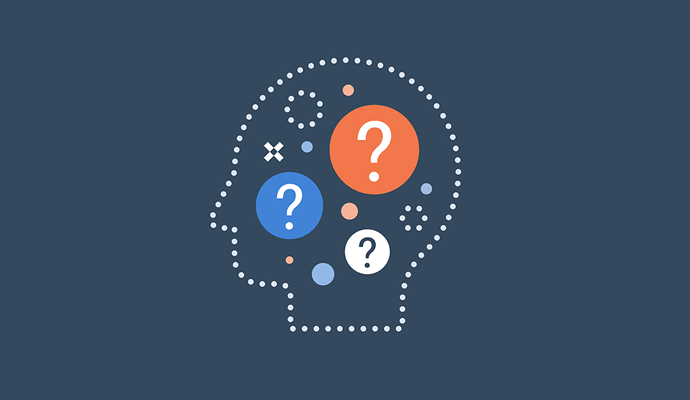Combining modern wearable devices and machine learning capabilities assists researchers in distinguishing patient resilience and psychological health, new research shows.
May 09, 2023 – New research from the Icahn School of Medicine at Mount Sinai in New York indicated that using Apple Watch data, such as heart rate variability and resting heart rate, could assist in training machine learning models to determine patient well-being and resilience.
According to the Centers for Disease Control and Prevention (CDC), over 20 percent of US adults have a mental illness. The CDC also noted that mental health diagnoses are some of the most common health conditions in the US.
This latest study showed that wearable devices could help support patients with mental health diagnoses by collecting assistive data.
Dig Deeper
- WHO: AI Models in Mental Health Services, Research Require Evaluation
- AI Tool Can Detect Signs of Mental Health Decline in Text Messages
- Natural Language Processing Helps Shed Light on Youth Mental Health Crisis
In the paper, researchers noted that resilience has a strong correlation with stress mitigation, morbidity reduction, and disease management. Although wearable devices are not intended to gather information surrounding this, passively collected wearable data may provide valuable insight when training machine learning technology.
To draw conclusions, researchers considered data from a previous study involving wearable devices to manage patient health. In the study, 329 healthcare workers wore an Apple Watch Series 4 or 5 that recognized heart rate variability and resting heart rate.
This data, along with baseline survey results, led researchers to conclude that the collected information was indicative of resilience and well-being.
Researchers noted that these positive results provided a foundation for the future use of wearable devices to determine physical and psychological health. The combination of these capabilities and machine learning developments could play a crucial role in treating various conditions, noted the researchers.
“We hope that this approach will enable us to bring psychological assessment and care to a larger population, who may not have access at this time,” said Micol Zweig, MPH, co-author of the paper and Associate Director of Clinical Research, Hasso Plattner Institute for Digital Health at Mount Sinai, in a press release. “We also intend to evaluate this technique in other patient populations to further refine the algorithm and improve its applicability.”
Similar occurrences from the past have shown that the combination of wearable device data and machine learning capabilities can assist in determining disease outcomes.
Published in March in JMIR Formative Research, another paper described how the use of an Apple Watch could predict pain scores in hospitalized sickle cell disease patients, and how this data could then be used to build machine learning algorithms to predict pain scores of vaso-occlusive crises (VOCs).
Including sickle cell disease patients admitted to Duke University SCD Day Hospital for a VOC, the study provided patients with an Apple Watch Series 3 which they wore throughout their visit. The device gathered data such as continuous heart rate, heart rate variability, and caloric information. Meanwhile, three machine learning models analyzed vital sign and pain score data from patient EMRs and were then trained using half of the Apple Watch data.
Researchers concluded that machine learning models predicted pain scores with a high level of accuracy, validating the feasibility of using wearable device data to predict pain scores during VOCs.


